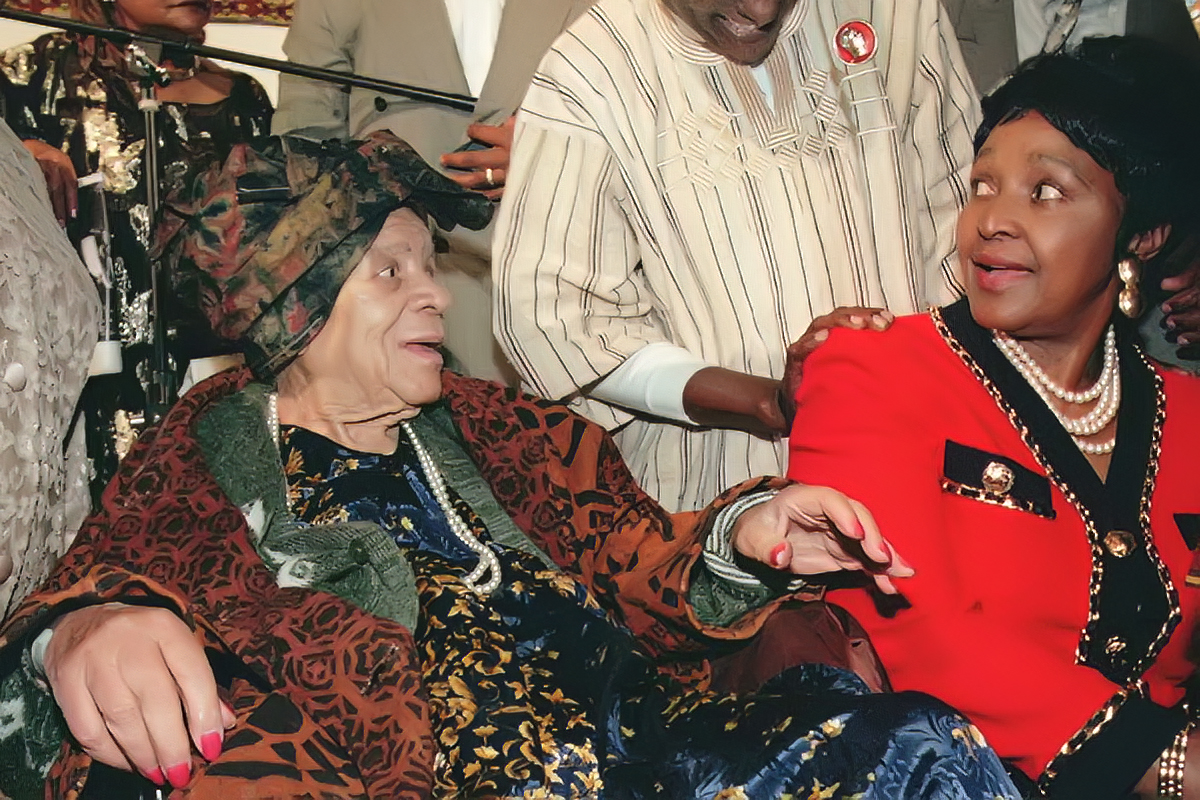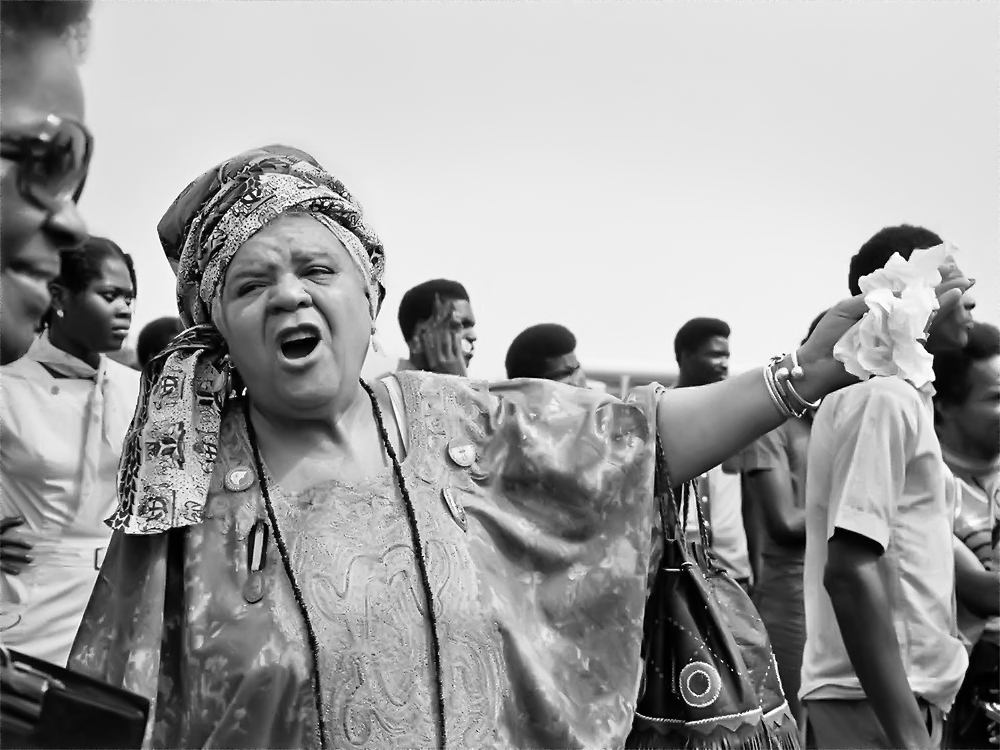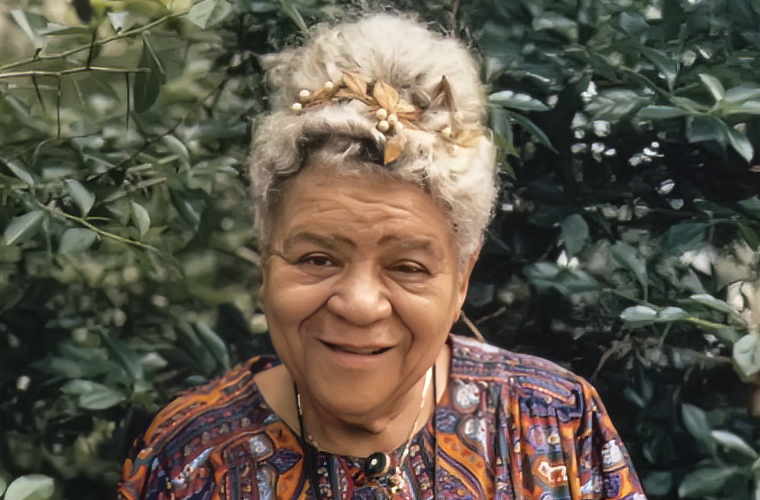Audley “Queen Mother” Moore, born on July 27, 1898, in New Iberia, Louisiana, was an African-American civil rights activist, feminist, and community organizer. She played a significant role in various social justice movements during the mid-20th century. Moore dedicated her life to advocating for the rights of African Americans, particularly focusing on issues such as racial equality, self-determination, and Pan-Africanism. She fought against segregation and racial discrimination, using her platform to challenge systemic racism and inequality.

In the 1930s, Moore co-founded the African Blood Brotherhood, an organization that aimed to address racial and economic injustices faced by African Americans. She later became involved with the Universal Negro Improvement Association (UNIA) and worked closely with its founder, Marcus Garvey.
Moore was also an outspoken advocate for women’s rights. She believed that the fight for racial equality should be accompanied by a fight for gender equality, and she pushed for women’s inclusion and leadership within the civil rights movement. In the 1960s, Moore actively participated in the civil rights movement and worked alongside prominent figures such as Malcolm X and Stokely Carmichael. She co-founded the National Association for the Advancement of Colored People (NAACP) in New York City and organized protests against police brutality and racial injustice.

Audley Moore passed away on May 2, 1997, leaving behind a legacy as a tireless activist who fought for racial and gender equality, as well as the empowerment of African Americans. Her contributions to the civil rights movement and her advocacy work continue to inspire activists today.

